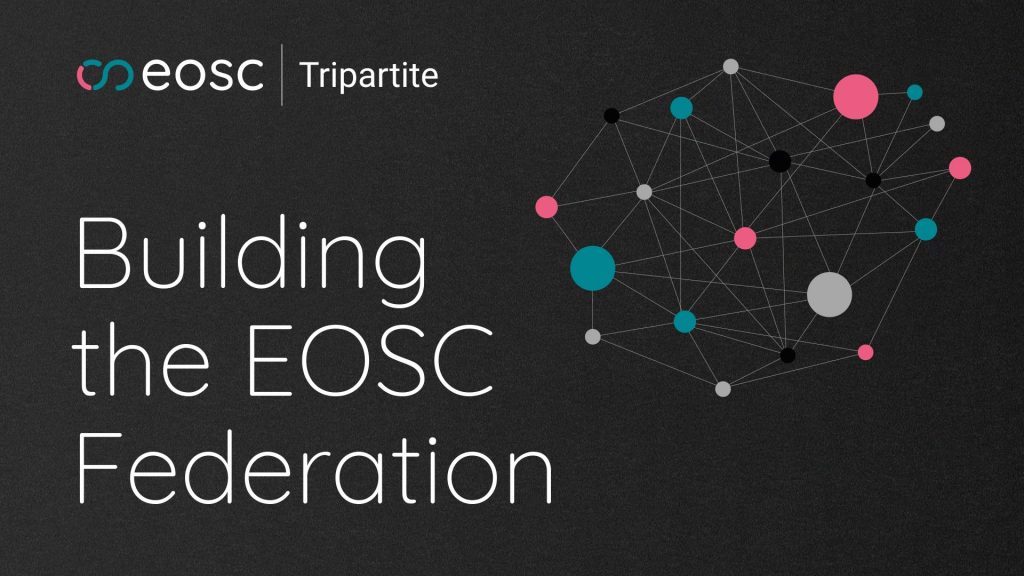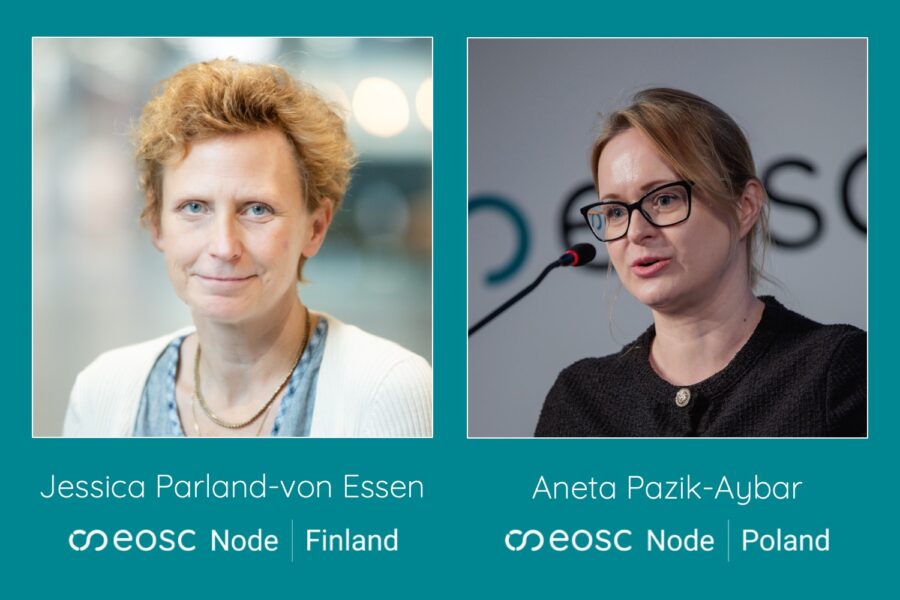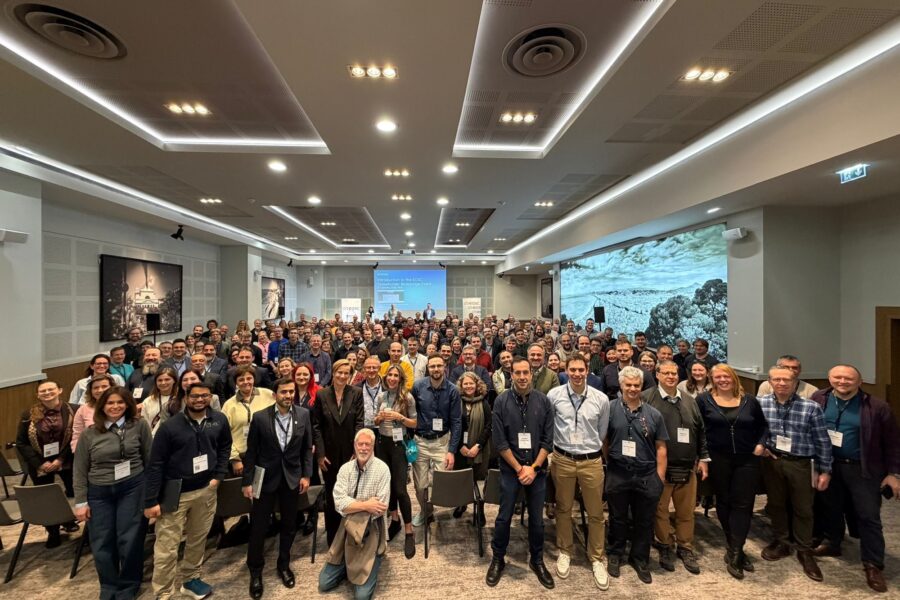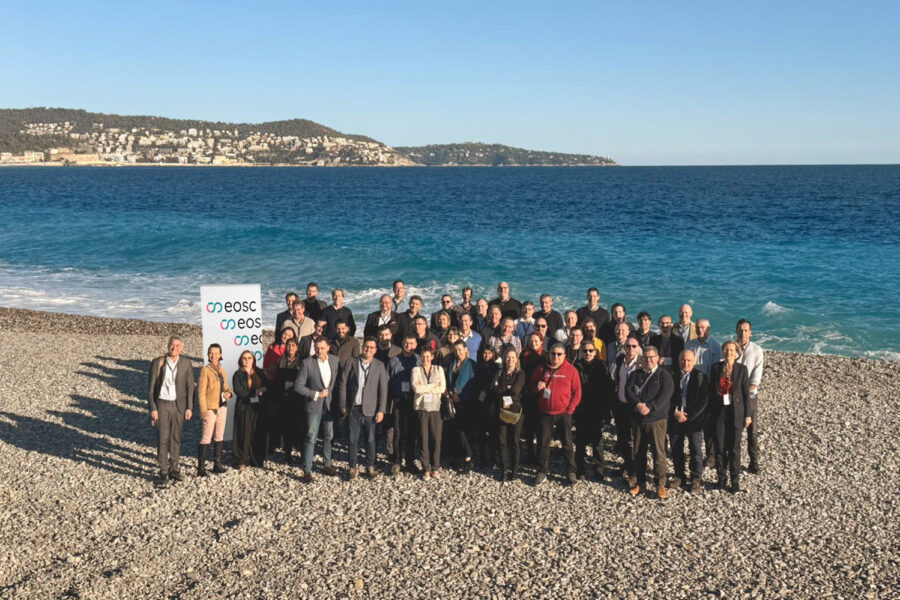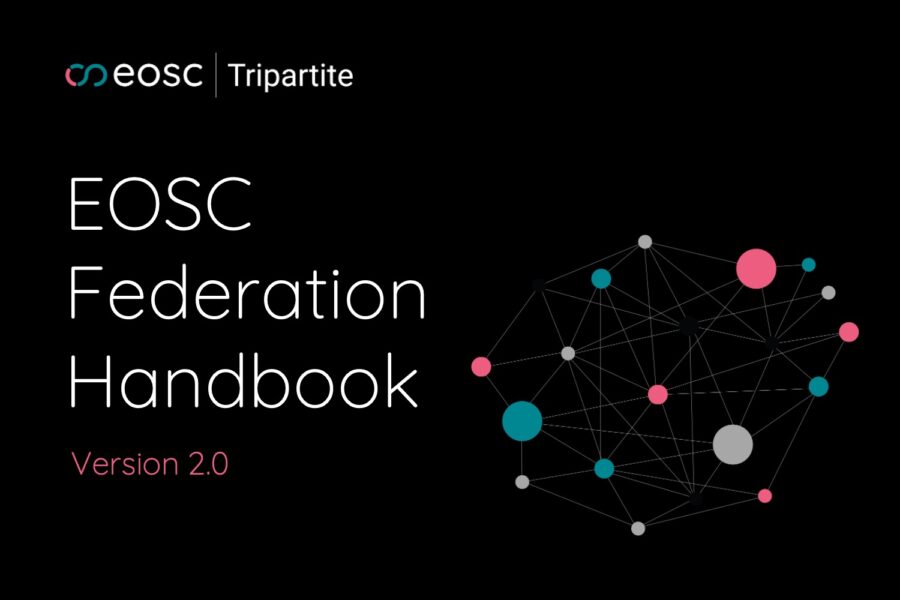- Next steps of the Tripartite Governance
- Engagement and co-creation opportunities for the EOSC community
The vision for EOSC is to put in place a system in Europe to find and access data and services for research and innovation. This is to help researchers store, share, process, analyse and reuse FAIR research outputs within and across disciplines and borders.
The deployment of a network between data repositories and services will be instrumental for Open Science to progress in Europe. For this, the EOSC Federation of nodes is being created.
The EOSC Federation will consist of multiple “EOSC Nodes” that are interconnected and can collaborate to share and manage scientific data, knowledge, and resources within and across thematic and geographical research communities. The EOSC Nodes will be entry points for users to the EOSC Federation, with each node offering its own and possibly third-party services, including data reposing and accessing services.
With the anticipated launch of the EOSC EU Node at the EOSC Symposium in October 2024, preparations for the EOSC Federation have kicked into high gear. To fully unlock the benefits of EOSC, one single node is not enough: additional EOSC Nodes need to be established and enrolled into the EOSC Federation.
To enable the establishment of such a distributed system many questions remain to be answered: What are the minimum requirements for an entity to be an EOSC Node? What are the rules for enrolment of Nodes into the EOSC Federation? How will the EOSC Federation be governed? What are the financial mechanisms that will support the resource transactions within the EOSC Federation? And this is to only mention a few.
Establishing the Tripartite Group

The above questions were in focus at the EOSC European Tripartite Event held in Brussels on 16 April 2024 under the auspices of the Belgian Presidency of the Council of the European Union. The EOSC Tripartite Governance recognised that answering those questions will be of paramount importance for all parties to come to an agreement on realistic scenarios for EOSC post-2027. As the decision-making body for EOSC, the EOSC Tripartite Governance needs to have a complete overview of the structure, governance and operations of the EOSC Federation.
In the Brussels meeting, the EOSC Tripartite Governance also stressed that a coordinated effort by the three parties is necessary to build the EOSC Federation, and this is why a new “Tripartite Group” to advance the creation of EOSC has been established.
The main scope of the Tripartite Group is to prepare commonly agreed positions and support the strategic steering of the EOSC Tripartite Governance in what concerns the establishment and operation of EOSC, including the EOSC Federation.
The Tripartite Group supports the coordination and steering of the processes to establish the requirements for the EOSC Federation and the minimum set of rules and policies applicable throughout the Federation. All other relevant processes for the creation of EOSC as an operational infrastructure are to be discussed and prepared for decision making by the Tripartite Group as well. The Tripartite Group is composed of appointed representatives of the three parties of the EOSC Tripartite Governance – the European Commission, the EOSC-Steering Board representing the Member States and Associated Countries, and the EOSC Association. The group may also seek expert advice and set up inclusive community consultations as needed for the execution of its tasks. The Tripartite Group will ensure that all the views of the different stakeholders are considered, and that the processes to build EOSC are inclusive, open, and transparent.
EOSC Nodes: Minimum requirements, identification and enrolment
The first item on the agenda of the Tripartite Group is to discuss the minimum requirements of an EOSC Node. The starting point for this discussion is the document drafted by the EOSC Association and currently under review by the Tripartite Group. This “minimum requirements” draft is a living document that will evolve over time based on the input received from the community.
The second item on the agenda of the Tripartite Group is to contribute to defining the incremental process for the identification and enrolment of (candidate) Nodes in the EOSC Federation. The Tripartite Governance agrees that this effort needs to be steered to ensure the coherent, sustainable and steady growth of the EOSC Federation. More information will be shared with the community about the enrolment process in June 2024.
The Tripartite Group will take stock of past and ongoing initiatives contributing to the definition of EOSC Nodes, and the overarching framework conditions for the operation of the EOSC Federation. Such initiatives include the work and deliverables of the EOSC Association and its relevant Task Forces; the deliverables (planned or achieved) by EU-funded projects (including the Coordination and Support Action planned under the Horizon Europe RI Work Programme 2024); and the recommendations formulated by national, thematic and service-provider communities, the Policy Papers adopted by the EOSC-Steering Board, and the related activities of the ESFRI-EOSC Task Force.
EOSC Federation Handbook
During the Brussels European Tripartite event, the EOSC Tripartite Governance also mandated the EOSC Association to continue leading on the drafting of the EOSC Federation Handbook. The purpose of the Handbook is to create a single reference document describing the EOSC Federation, its operational structure and responsibilities, its legal and governance framework, and its technical operations.
Regular updates on the Handbook will be presented for discussion or endorsement to the Tripartite Group. The decisions taken by the EOSC Tripartite Governance on the EOSC Federation will be reflected in the Handbook, which will through this process of iteration become the reference document for the operation of the EOSC Federation.
The EOSC Association has today opened a call for contributors to the writing of the Handbook. If you have the expertise and time to actively contribute to the group writing the handbook, please apply here:
Sessions at EOSC-A GA#8
The EOSC Federation, its minimum requirements and the EOSC Federation Handbook, will all be part of the discussion at the EOSC Association’s 8th General Assembly on 27-28 May in Leuven. Day 2 of the event will feature two breakout sessions dedicated to these topics, as well as a session dedicated exclusively to the EOSC EU Node (TBC). If you are not yet registered, please do so by 13 May.
